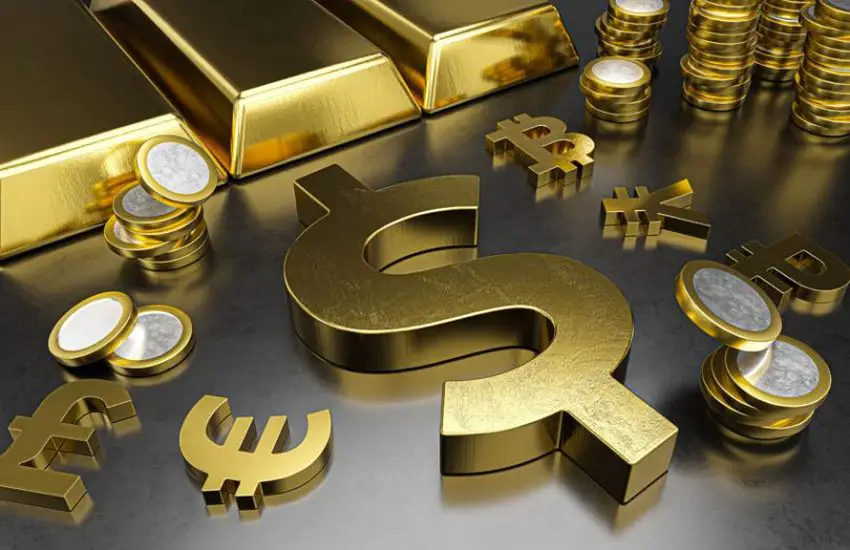Bank of America said that the United States will soon establish its own central bank digital currency (CBDC).
According to a Bloomberg report, Bank of America crypto strategists Andrew Moss and Alkesh Shah wrote in a Jan. 24 note that CBDCs “are an inevitable evolution of today’s electronic currencies.” The analysts stated:
“We expect stablecoin adoption and use for payments to increase significantly over the next several years as financial institutions explore digital asset custody and trading solutions and as payments companies incorporate blockchain technology into their platforms.”
Meanwhile, the Federal Reserve Bank of San Francisco released a Jan. 20 article entitled “Money and Payments: The U.S. Dollar in the Age of Digital Transformation” that assessed the benefits and drawbacks of a CBDC being implemented in the United States (FRB).

CBDC: Safer and faster
The Payments Strategy Board also considered whether a CBDC might “improve the safe and efficient domestic payments system” as “the payments system continues to develop,” resulting in “faster payment options between countries.”
Meanwhile, Shah and Moss said that the use of private company-issued digital currencies is likely to expand. The liability for existing types of digital currency, such as internet bank accounts and payment applications, now lies with private companies, such as commercial banks.
However, because the CBDC would be held by a central bank such as the Federal Reserve, it would be distinct in this regard, according to the FRB.
The Fed also addressed common concerns including maintaining financial stability, safeguarding user privacy, and combating illicit transactions. These issues have been put on the table for public debate until May 20.

What is CBDC?
A CBDC is a digital version of a country’s fiat currency, such as the US dollar. They began to receive attention during 2020, when The Bahamas launched the world’s first CBDC, the “Sand Dollar.”
Meanwhile, China’s central bank is working on a digital yuan wallet as it pushes forward with its plan to introduce a digital currency. Sweden’s central bank completed the first stage of its “e-krona” digital currency test in April 2021.





